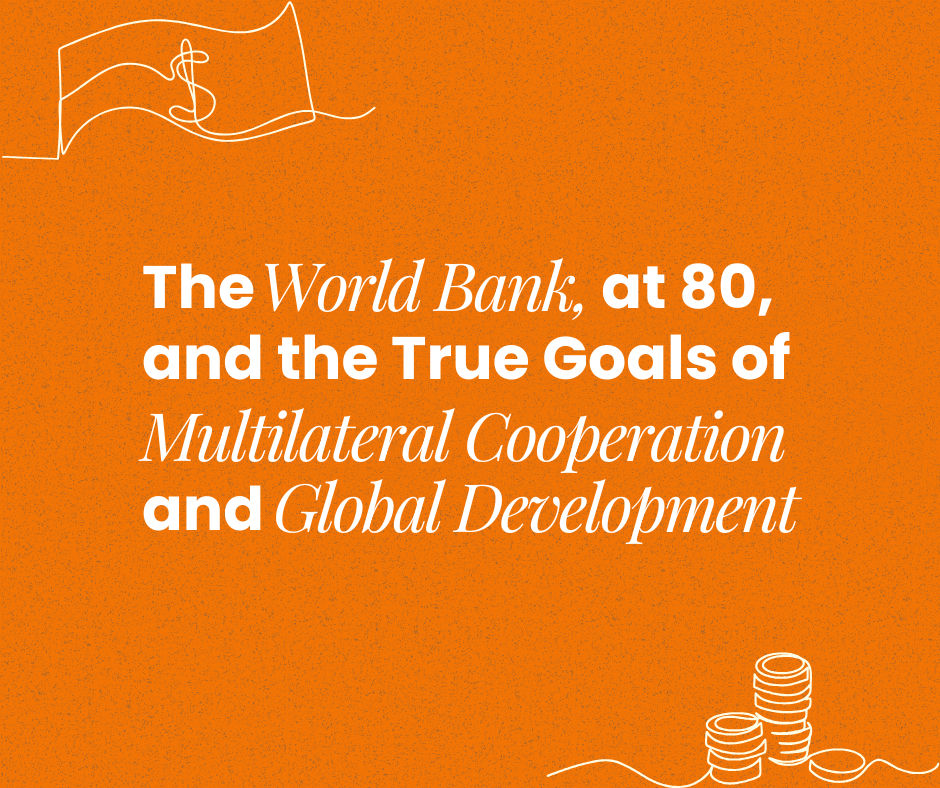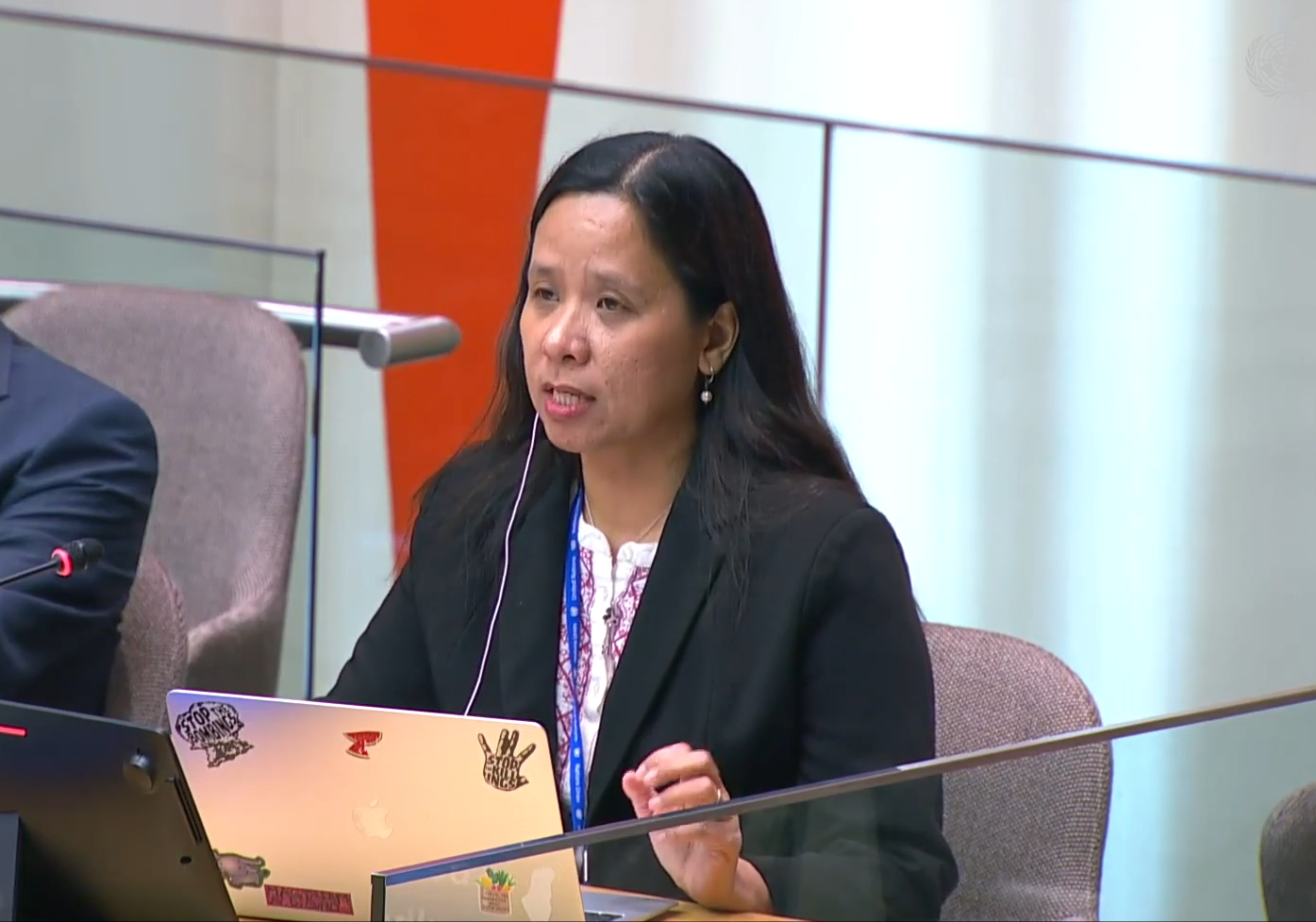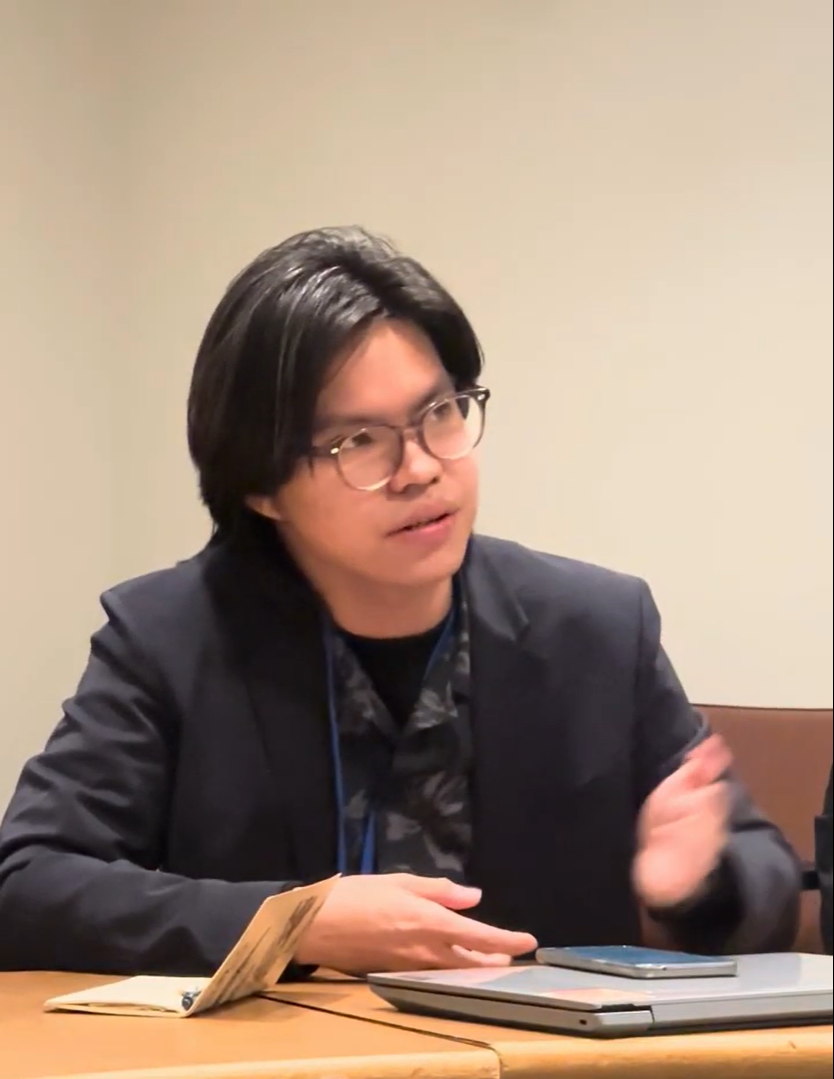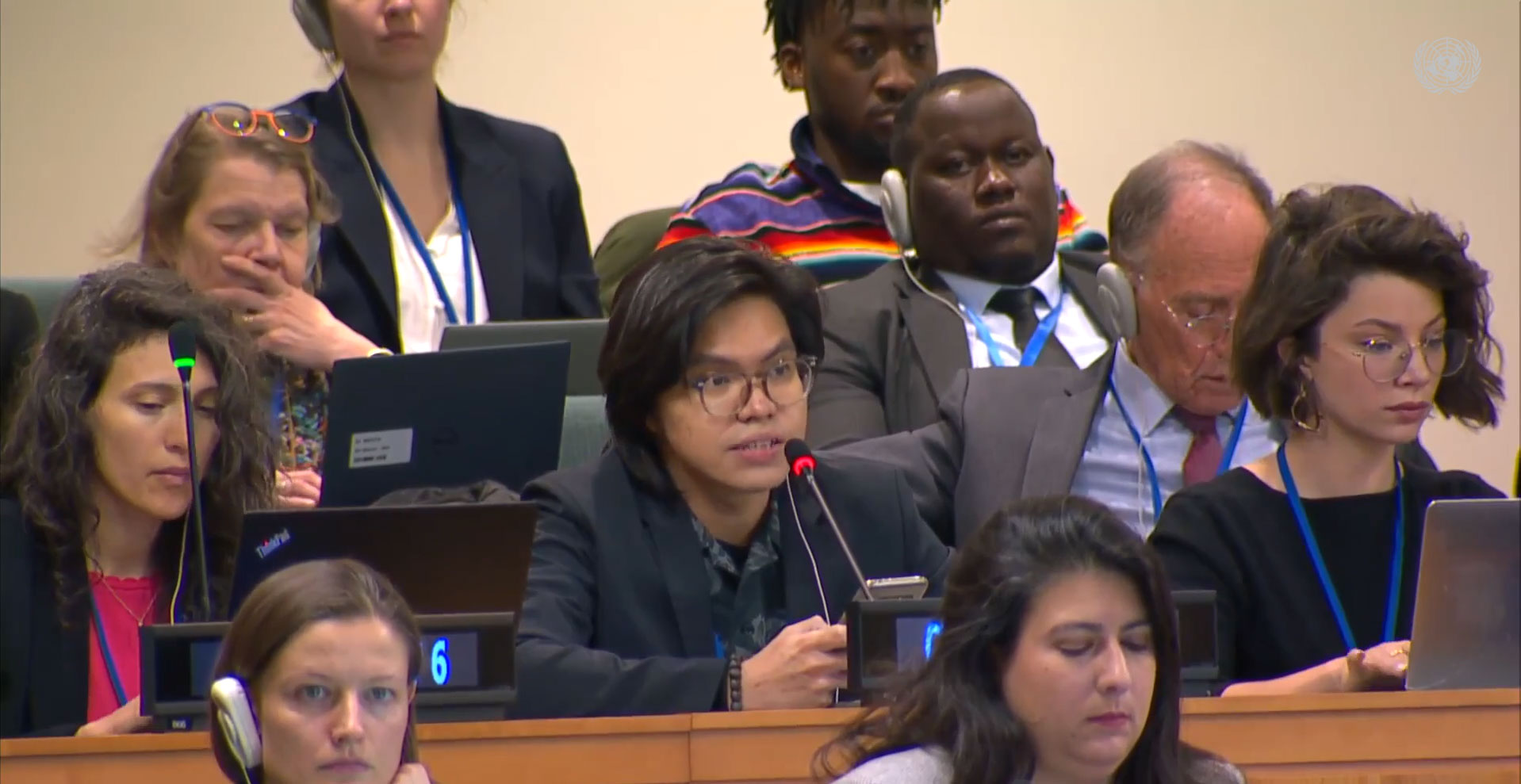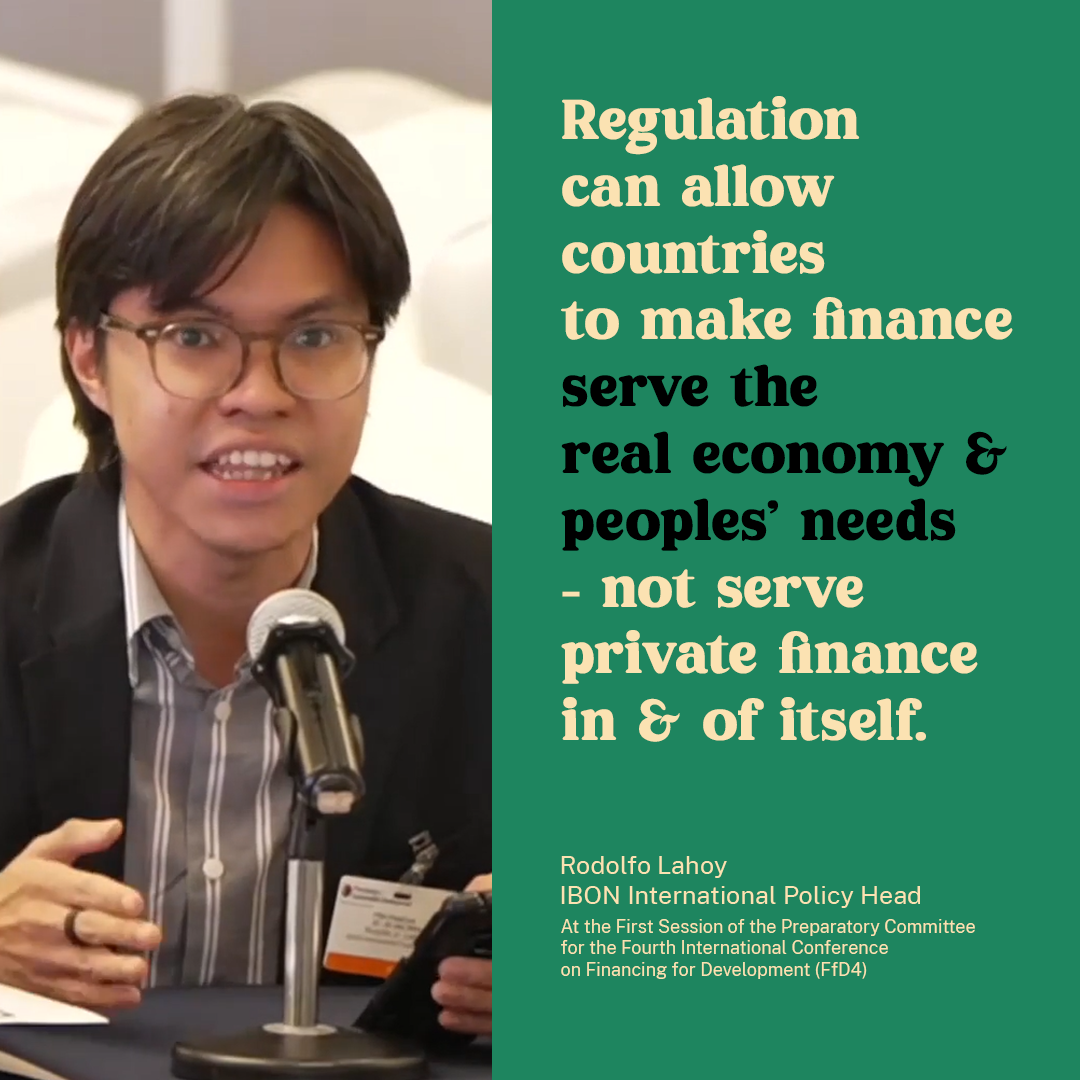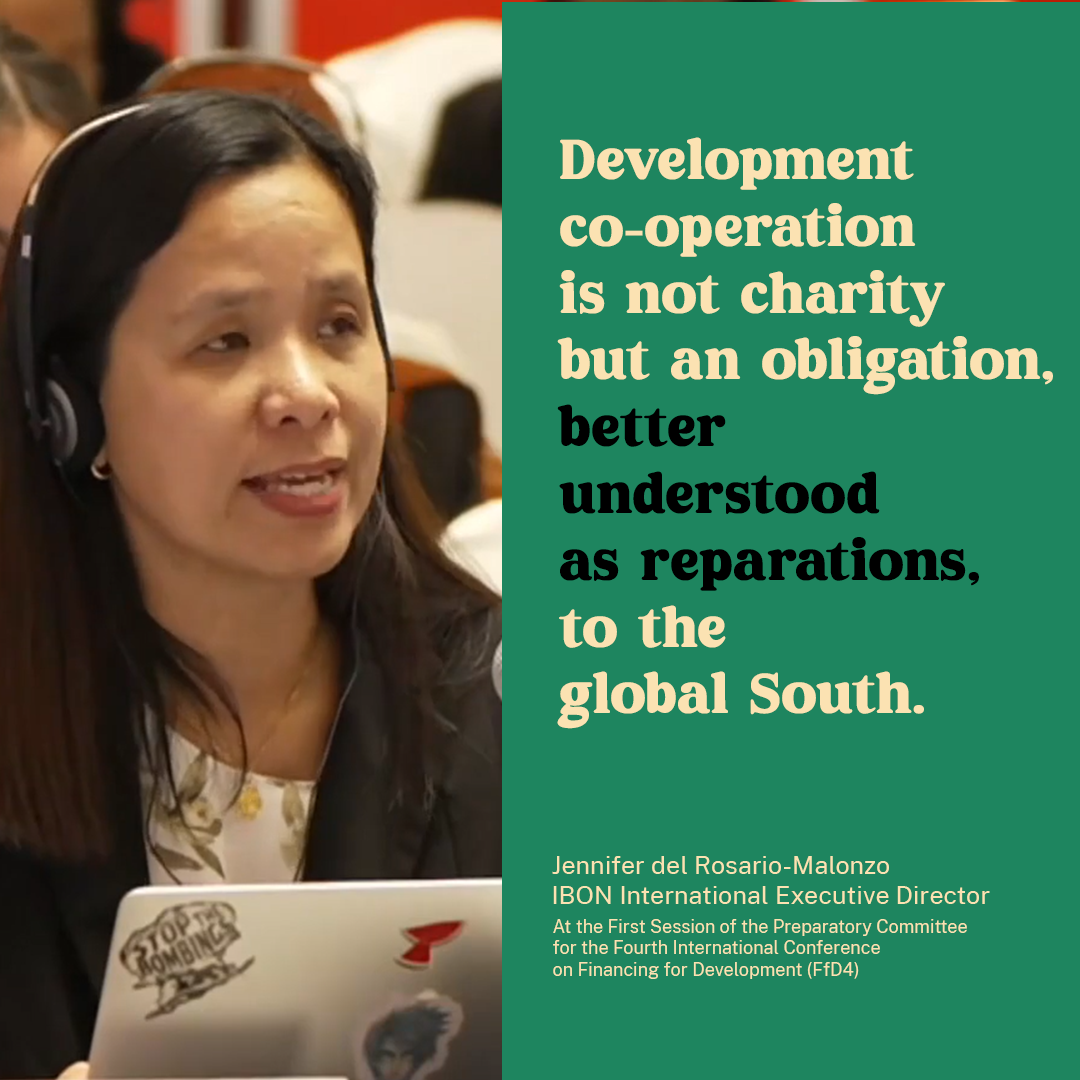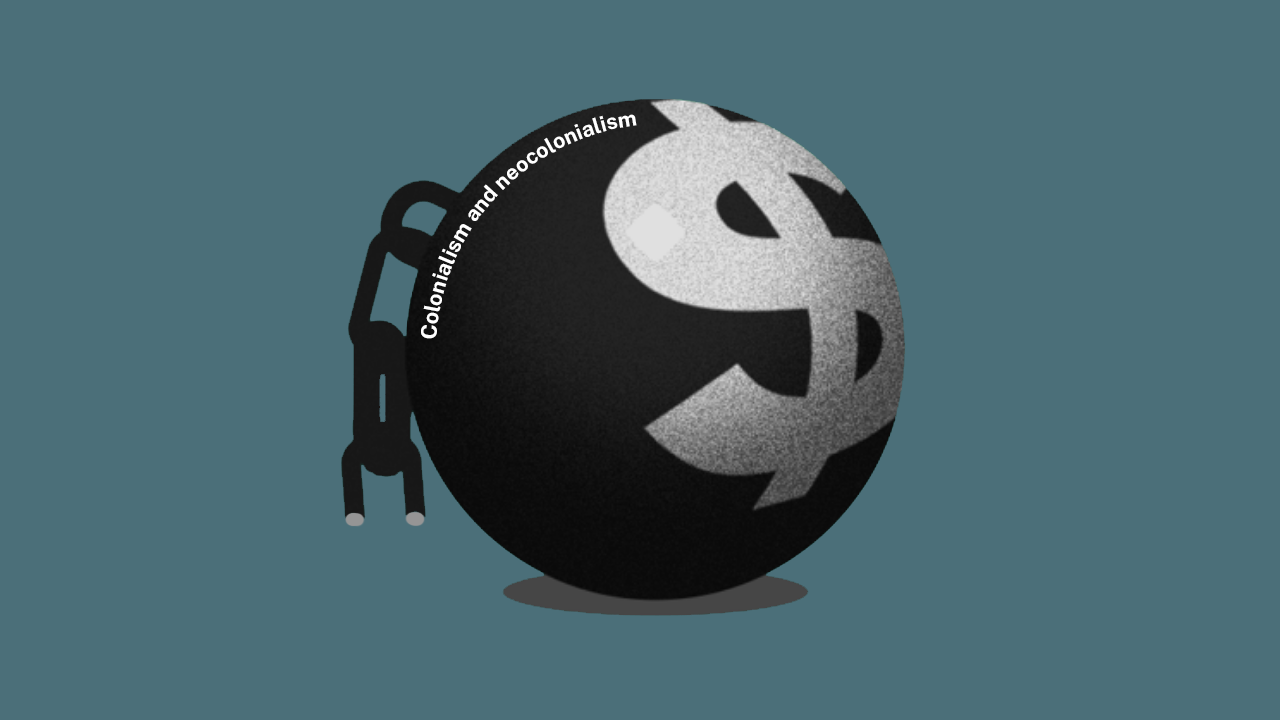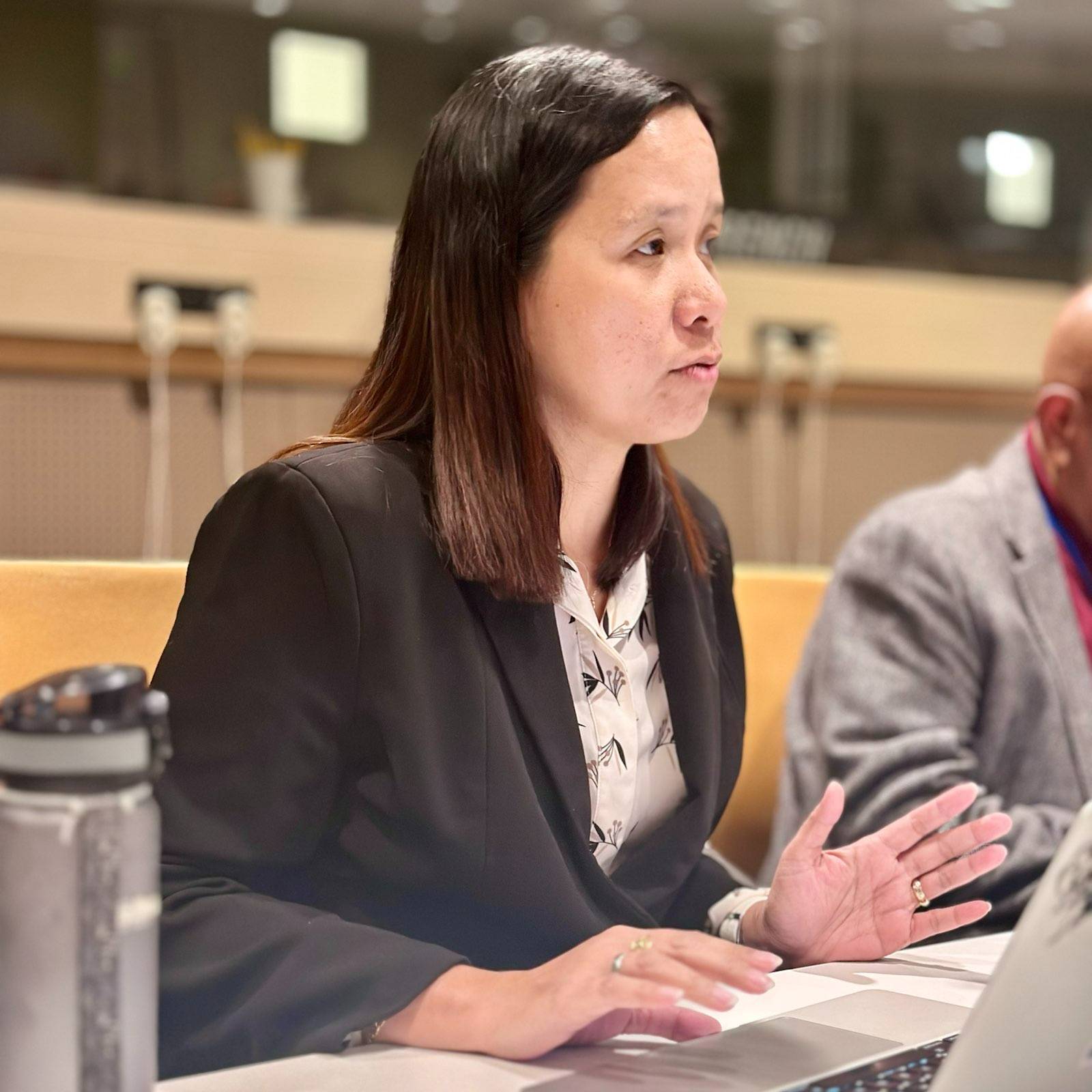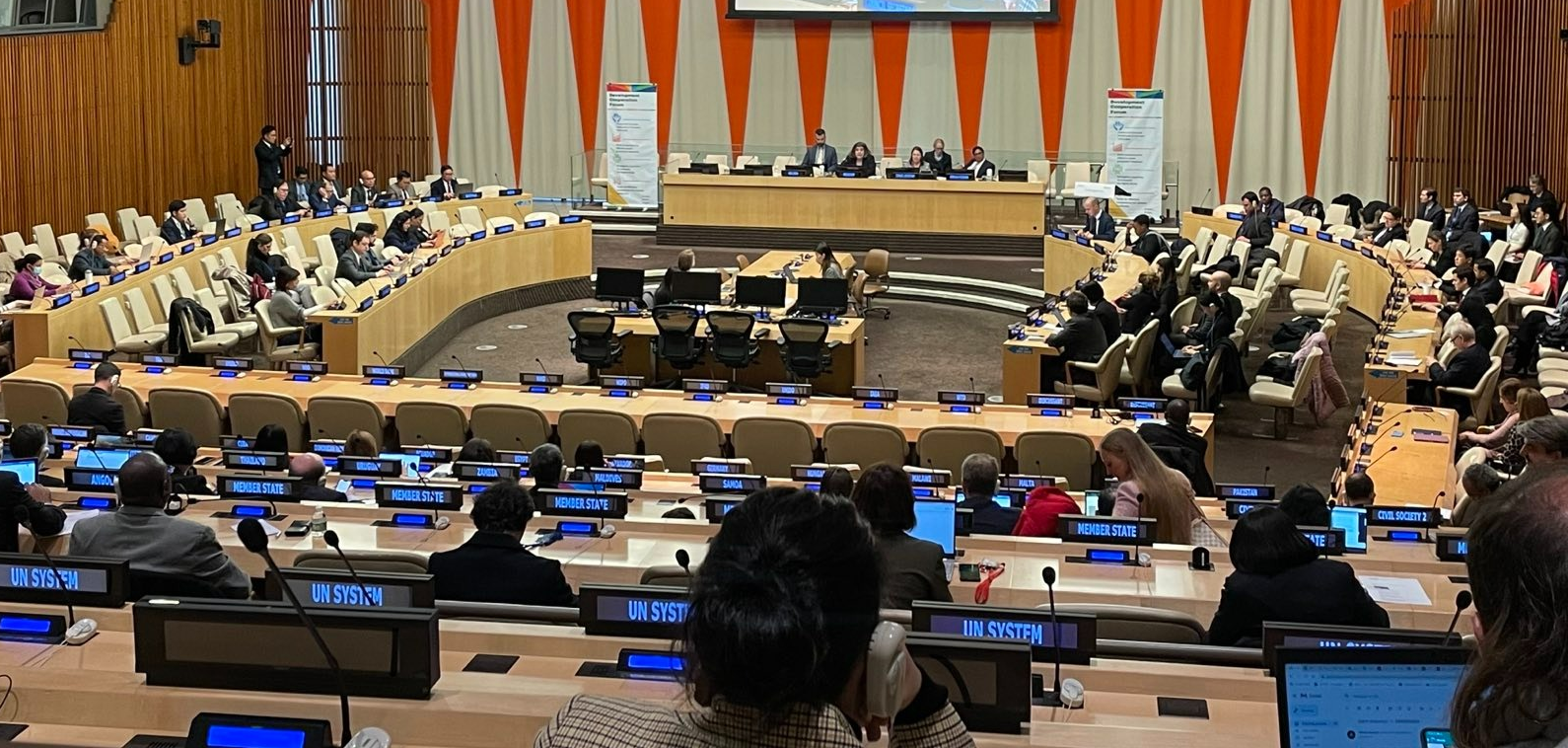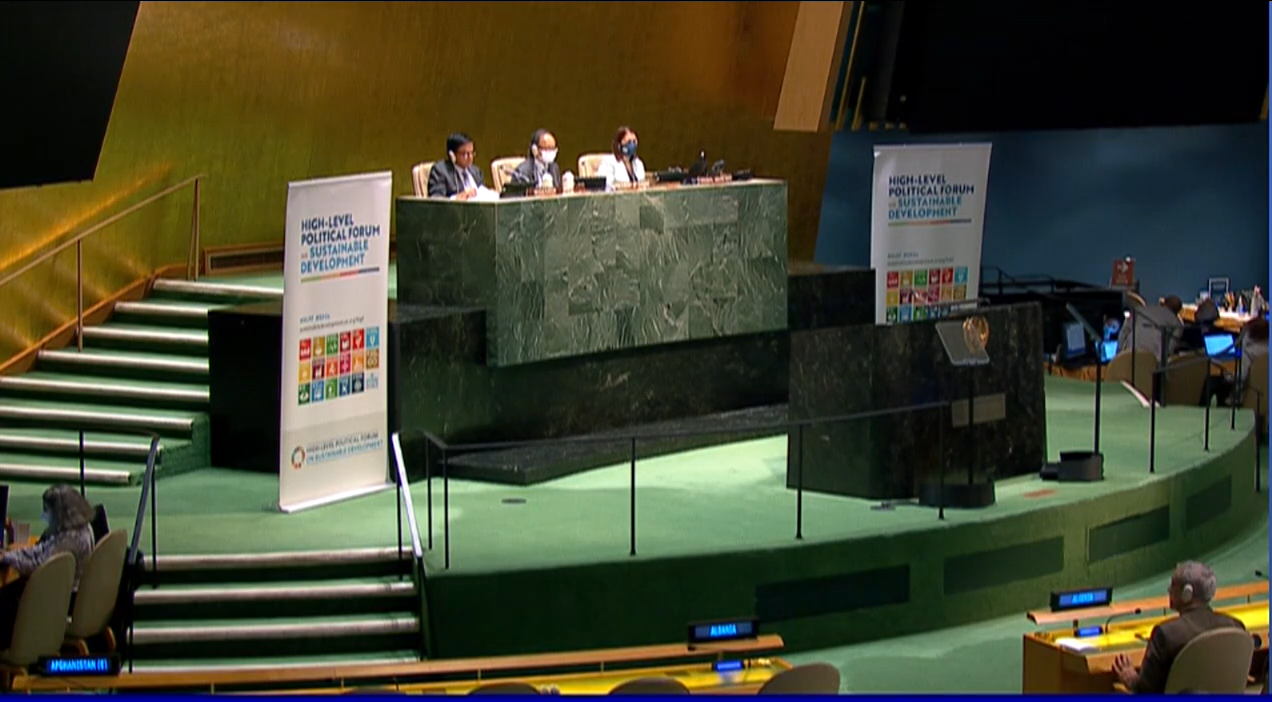On behalf of Civil Society Financing for Development Mechanism, Executive Director Jennifer del Rosario-Malonzo delivered an intervention to the International Development Cooperation session at the Third Preparatory Committee Session for the Fourth International Conference on Financing for Development (FfD4) held on 12 February 2025:
I’d like to start with our continuing aspiration for the Seville conference to reboot development cooperation and effectively address the urgent challenges that we collectively face. However, the Zero Draft falls short of being a transformative document that it needs to be. While it offers clear messages of intent to uphold past agreements, it requires higher ambition in time-bound commitments, actionable priorities, and substantive reforms.
Specifically, in paragraph 41, we believe that governance reform of the current development co-operation architecture should be front and center. FfD4 is the place to recognise and agree on a new normative framework and global governance of international development cooperation, and solidify countries’ leadership over development strategies on the basis of democratic ownership. In this vein, we support the calls from South Africa and Cuba on Official Development Assistance (ODA) governance and the definition of ODA.
Therefore, we call on inserting as the first sub-paragraph: “We will establish a UN intergovernmental process towards agreeing a legally binding convention on development cooperation that protects the integrity and credibility of ODA, and enhances the impact of ODA in eradicating poverty and addressing inequalities, and ensures policy coherence.”
Such a process will ensure involvement of countries from the Global South, in decision-making related to ODA, and could contribute to addressing systemic barriers and injustices, including gender inequality.
In paragraph 38, we reiterate the need to reinforce efforts to meet existing commitments to address critical socio-economic priorities in the Global South, such as poverty eradication, gender equality, care, health, education, and social protection.
In paragraph 38.c, we propose to add “on its core mandate of eradicating poverty and addressing inequalities” to the line “We commit to increase the share of ODA programmed at the country level and focused on long-term sustainable development.” Further, increasing the share of budget support in ODA should include promoting women and girls’ rights and gender equality as a significant (80%) and principal (20%) objective in bilateral programming, and development of gender-responsive targets and tracking impact of aid cuts on gender equality and women’s and girls’ rights.
Lastly, we invite you to look into the written submissions of the CS Mechanism for further substantive comments and the need to uphold principles of democratic participation and transparency in the modalities of negotiations. #

